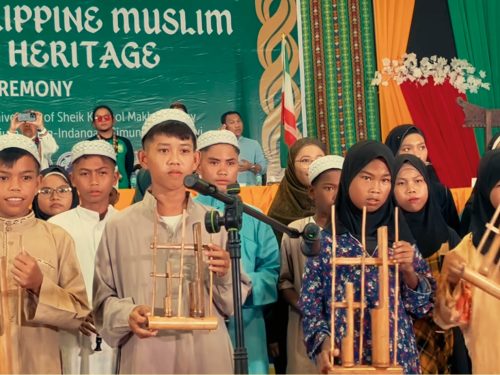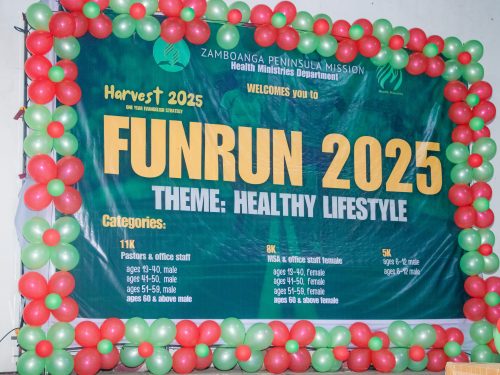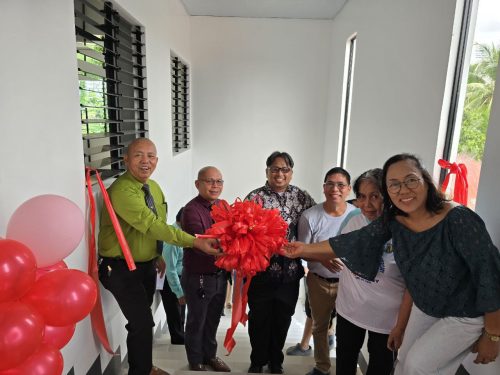SIMUNUL, TAWI-TAWI—On November 7th, the Muslim Community in the Philippines celebrated the Sheikh Karimul Makhdum Day to honor the legacy of Sheikh Karimul Makhdum, the Arab missionary who introduced Islam to the Philippines and established the country’s first mosque in 1380 in Simunul, Tawi-tawi. The celebration was attended by distinguished guests from the National Historical Commission of the Philippines (NHCP), the Bangsamoro Commission for the Preservation of Cultural Heritage (BCPH), the Ministry of Trade, Investments, and Tourism (MTIT), along with various provincial and local government officials.
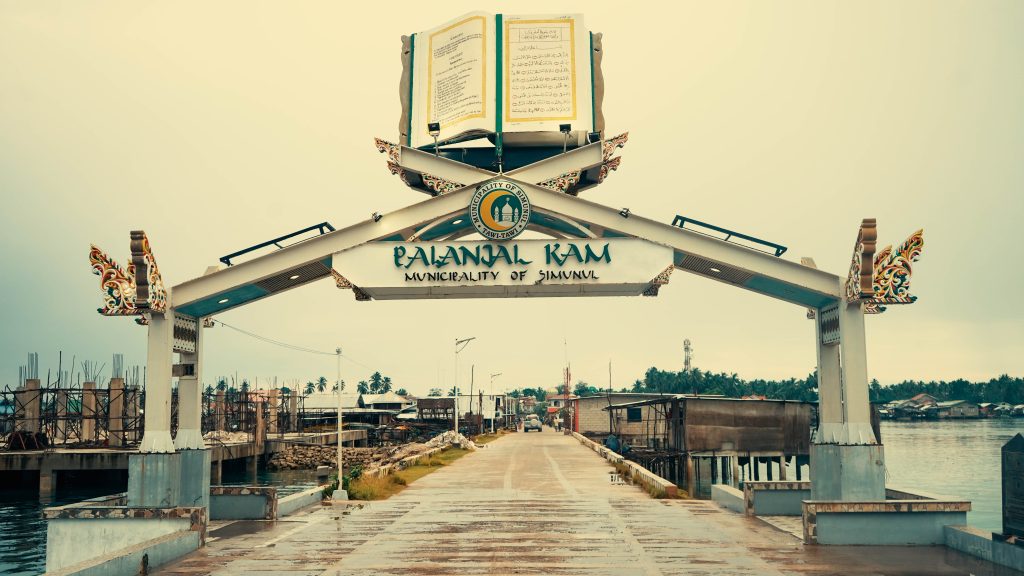
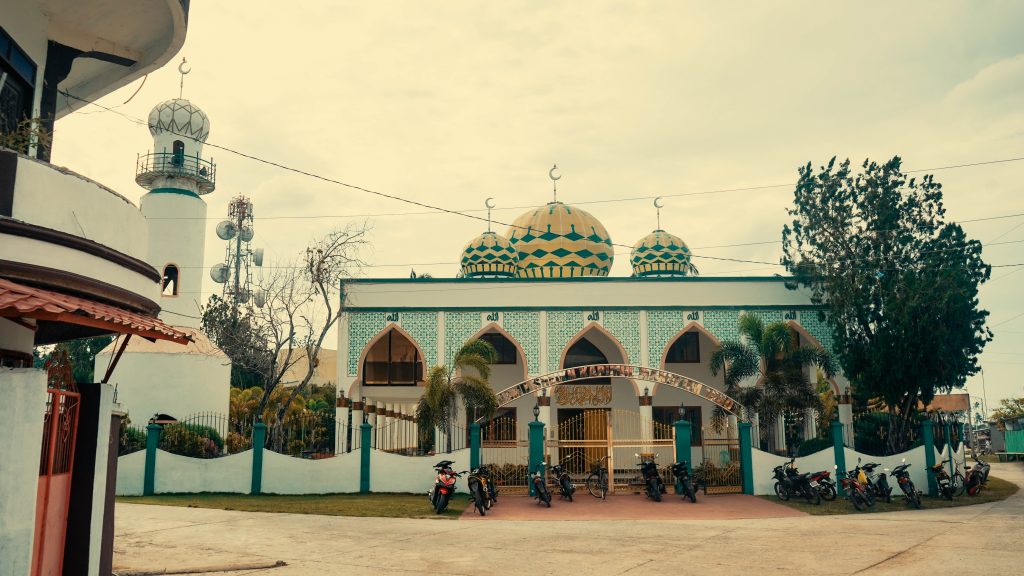
Simunul, located in the southernmost tip of the Philippines, has long faced challenges in accessing basic services due to its remote location. Zamboanga Peninsula Mission, through SULADS (Socio-economic Uplift, Literacy, Anthropological, and Developmental Services) and AMR (Adventist Muslim Relations), has been working with local governments across the islands of Tawi-Tawi to promote community development through the HEAL program—Health, Education, Agriculture, and Livelihood. Volunteers stationed in the Tawi-Tawi cluster have devoted their lives to empowering these underserved communities.
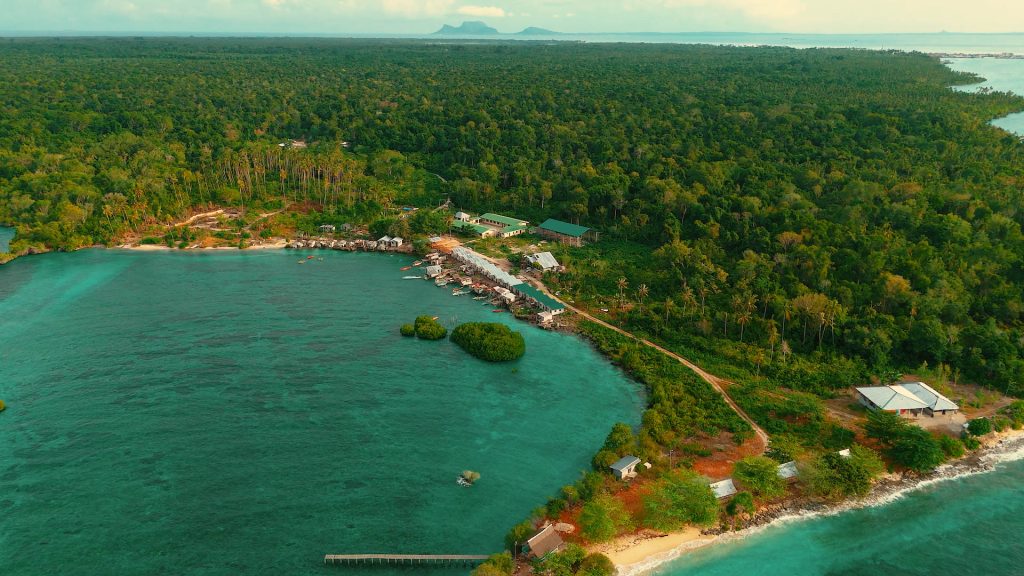
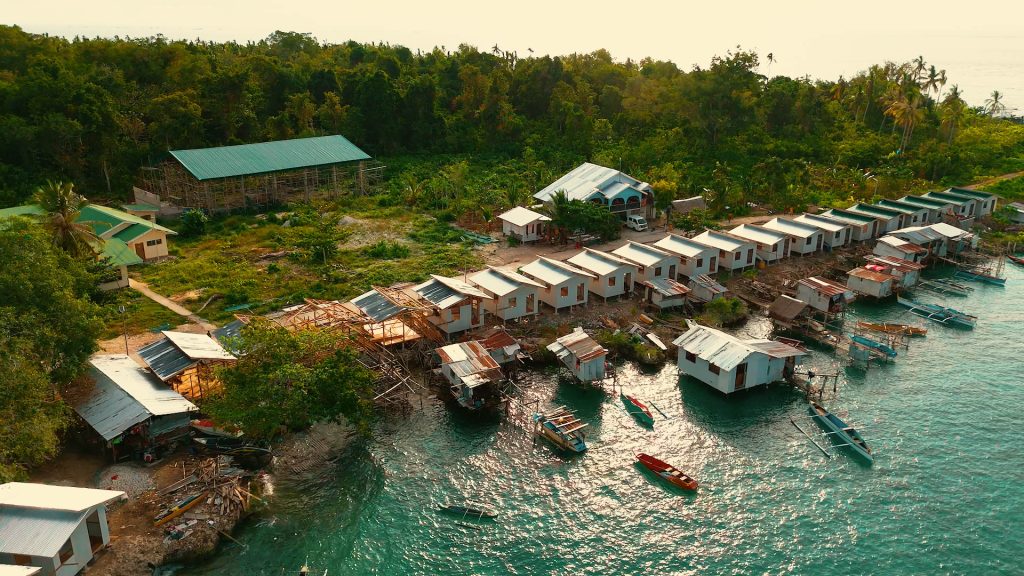
Prior to this historic event, the volunteer teachers in Bagid, Simunul, were invited by Mayor Wasilah Tidal-Abdurahman to perform the Simunul Hymn. The volunteers thought of including the Sama Badjau students in the performance with the idea that singing a hymn holds both cultural appreciation and appropriation. Days before the event, the students were taught how to sing their hymn and play musical instruments. The recorders, a simple wind instrument, and angklungs, a bamboo percussion instrument, were new to the students. As they practiced these instruments, it became an instrument of hope, empowering them of their God-given purpose and breaking societal stereotypes that held them captive for centuries. They also asked the SAYA (Sama Adventist Youth Association) singing group to sing with them to enhance vocal harmonies, making the hymn with its message of love to the Creator and His creation resonate with the audience.
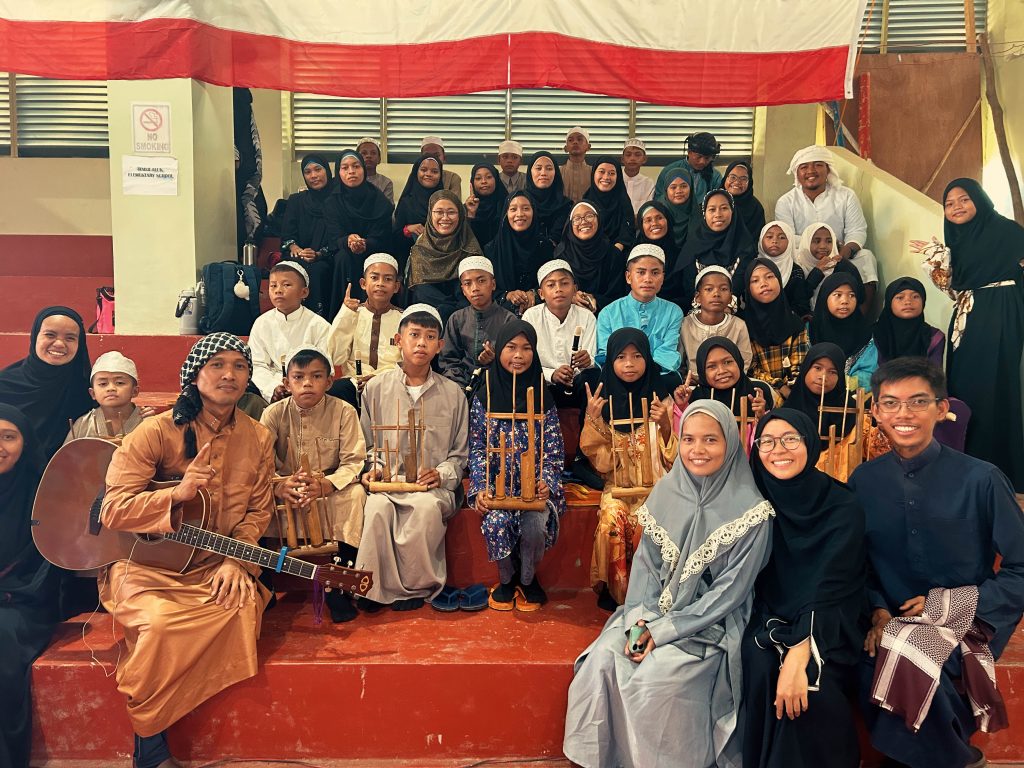
The performance was not without its challenges, as Fellah Pagapong shared, “Transportation was a challenge. We had to bring the students from Bagid and Tunggusong to Tubig Indanan, and the bongo vehicle we had arranged to use broke down, along with many other obstacles. I can only praise God for His providence in providing food, proper attire, and transportation, which allowed us to perform at the event.” Empowered by God orchestrating events for them, they stepped to sing the hymn in the Tubig-Indanan Multi-Purpose Building. The audience was so deeply moved that applause rang through every corner.
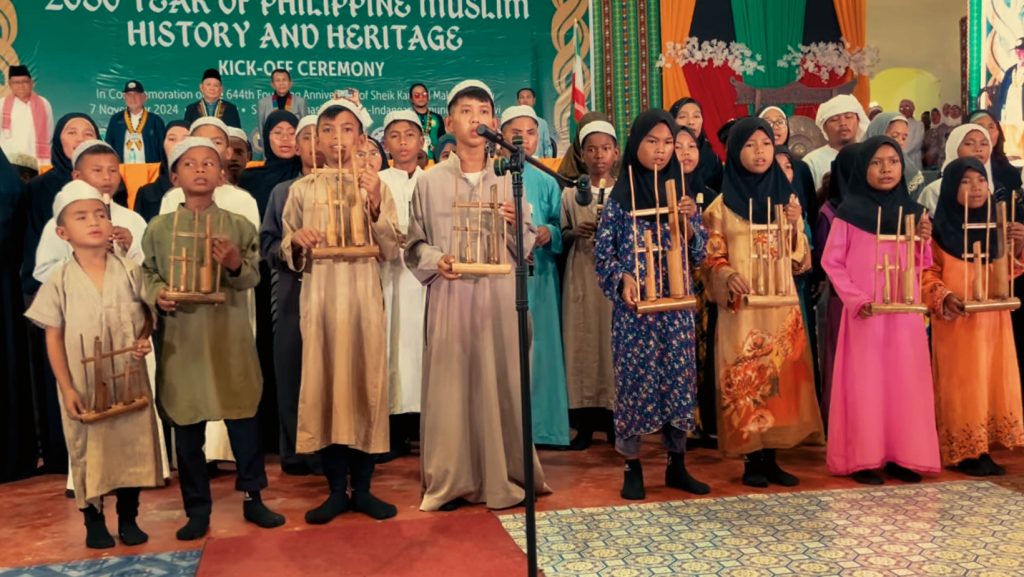
Following the program, with unprecedented collaboration, the volunteers thought of caring for these historic places, which prompted them to organize a cleanup drive. Determined to share the message of the hymn outside the performance, they cleaned the area around and in the streets. Inspired by their efforts, local residents joined in, turning the initiative into a collective success.
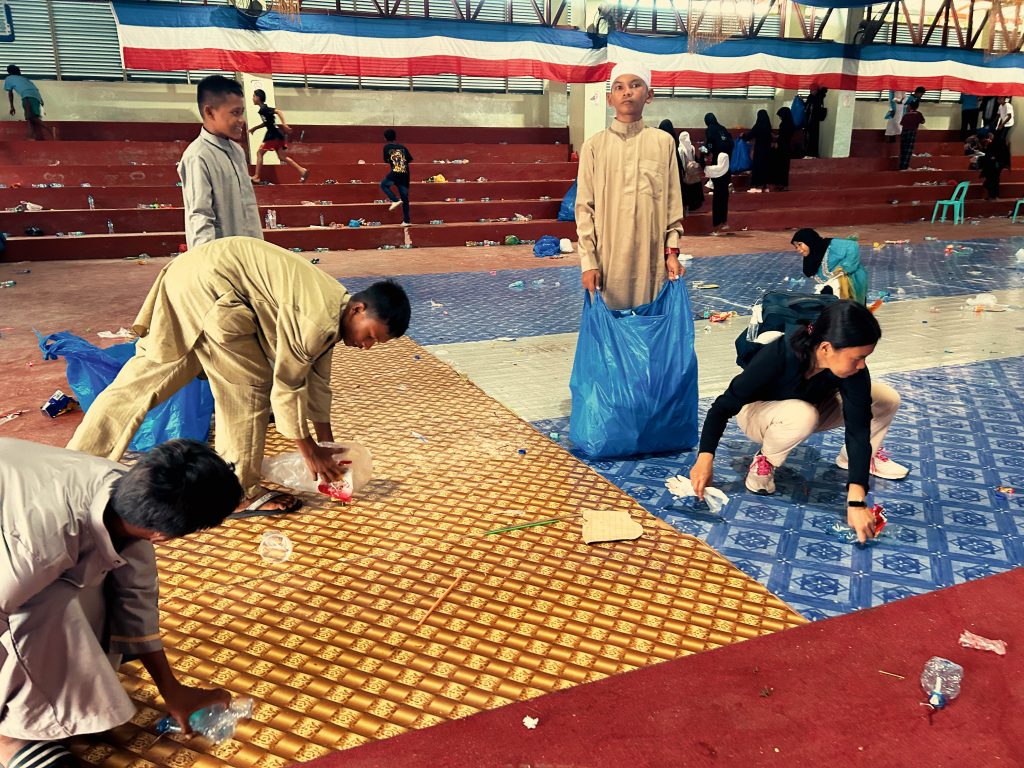
Mayor Abdurahman commended the efforts of these volunteers. Committed to serving unentered lands and distant seas, the volunteers remain inspired to do more in uplifting the Sama Badjau Tribe by bridging differences and breaking indifference.
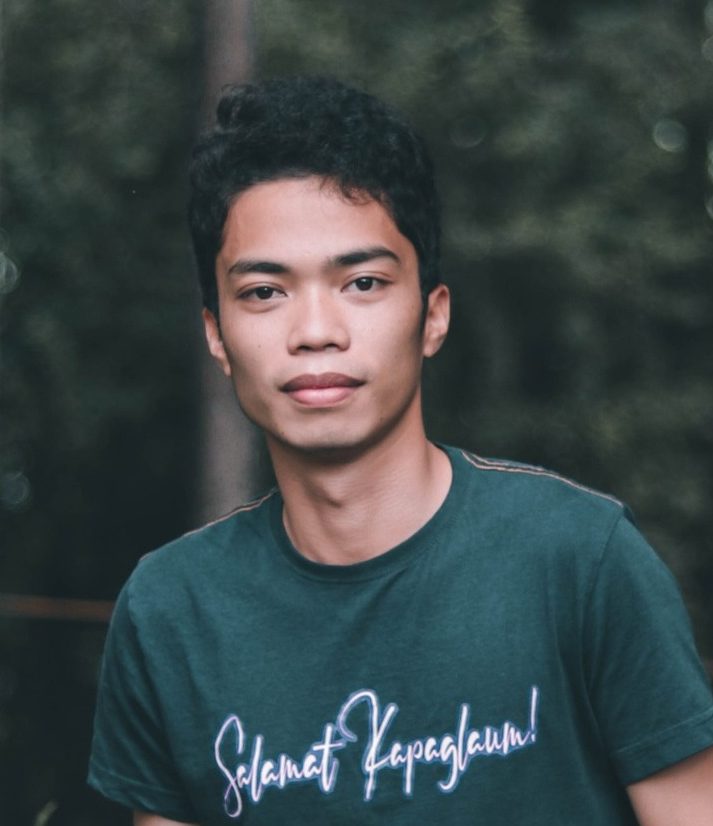
Lens of Hope/Adventist Mission
Zamboanga Peninsula Mission

